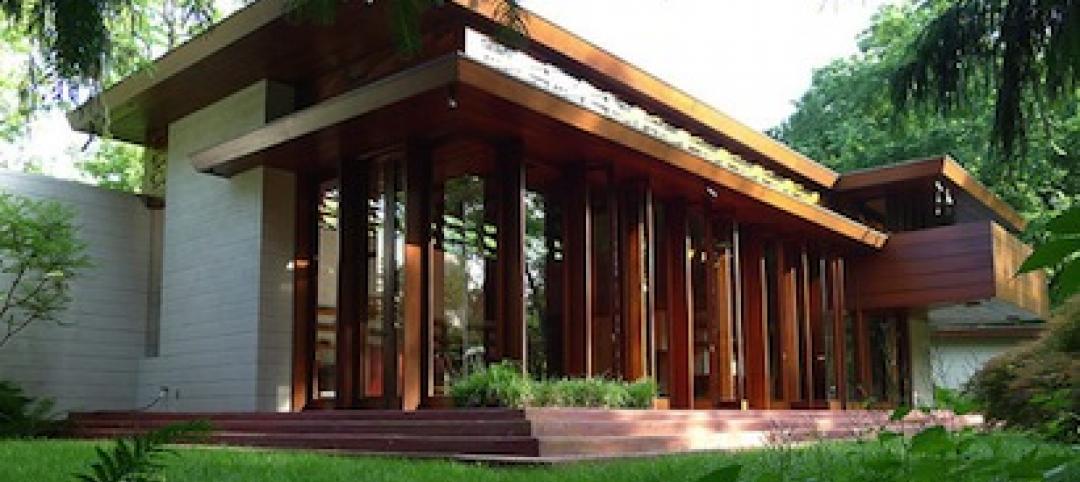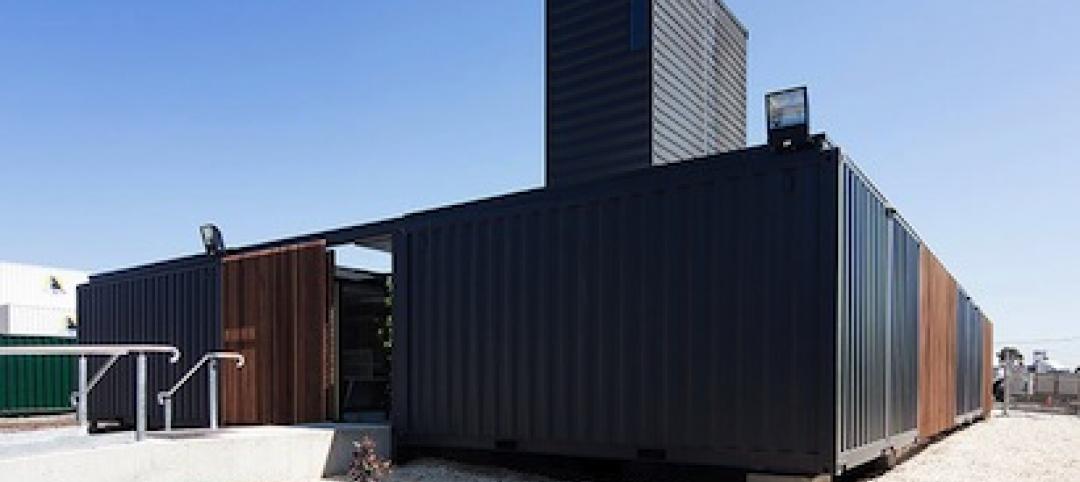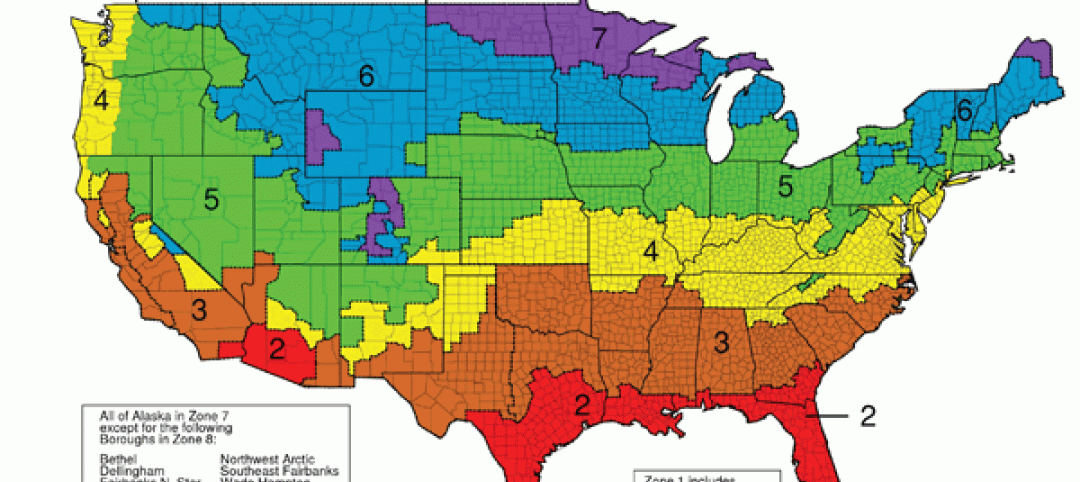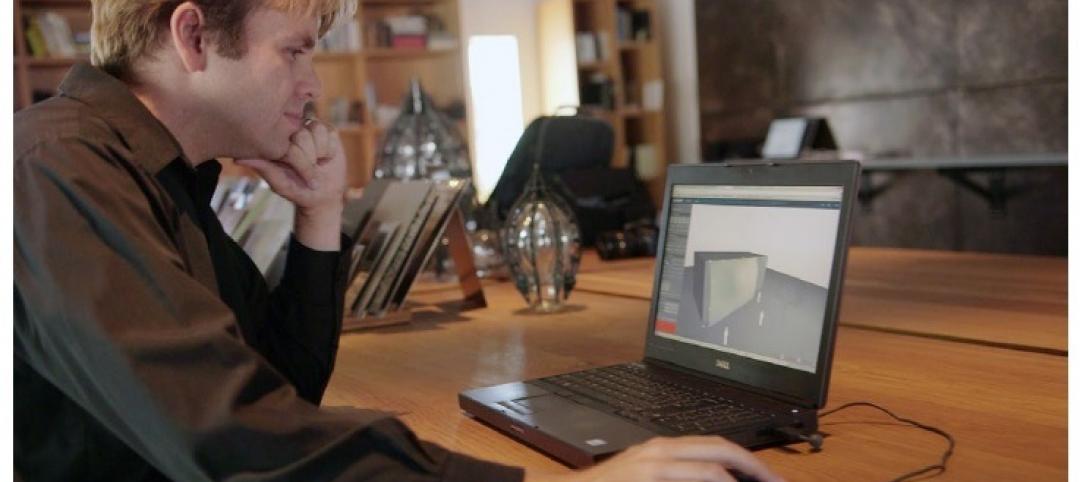The jury for the American Institute of Architects (AIA) Upjohn Research Initiative is providing $100,000 in grants to four research projects that will advance the future of architectural design and practice.
The purpose of the grant, now in its eleventh year, is to provide base funds for applied research projects that will advance the design profession’s knowledge and practice. The 18-month long project grant qualifies recipients to have their research findings and outcomes published both electronically and in a nationally distributed publication. This year’s recipients will research the following topics:
1.) The Impact of Biophilic Learning Spaces on Student Success
· Principal Investigators: James Determan, FAIA (Hord Coplan Macht) and Mary Anne Akers, PhD (Morgan State University).
· The researchers will study how biophilic learning environments correlate with stress reduction and enhanced cognitive performance toward improved learning outcomes for urban middle school students. A traditional classroom and an enriched classroom will be compared. Advised by the Salk Institute and Terrapin Bright Green, the researchers will enhance the biophilic classroom with a visual connection to nature, dynamic and diffused light, and biomorphic forms and patterns. This study aims to provide evidence of the link between biophilic classroom design and student success.
2.) Biophilic Architecture: Sustainable Materialization of Microalgae Facades
· Principal Investigator: Kyoung-Hee Kim, PhD (University of North Carolina at Charlotte).
· The project will prototype and study a microalgae façade, which is a sustainable building system based on the synthesis of biophilic, bioclimatic, and biomimicry design approaches. Results will provide alternatives to sustainable building materials and broaden the knowledgebase for integrated microalgae façades toward carbon-neutral building practices.
3.) Biodiverse Built Environments: High-Performance Passive Systems for Ecologic Resilience
· Principal Investigator: Keith Van de Riet, PhD, Assoc. AIA (The University of Kansas).
· Passive architectural systems capitalize on natural bioclimatic factors without the need for operational energy input. This project will study expanding the category of high-performance passive systems to include biodiversity as design criteria in architectural and landscape structures. The objectives of the study include the design and production of a full-scale prototype of an engineered-living wall panel derived from mangrove trees to be installed over an existing seawall in a tidal estuary. This process of integrating living systems within urban environments will be a collaboration among design and scientific communities.
4.) Tilt Print Lift - Concrete 3D Printing for Precast Assemblies
· Principal Investigators: Tsz Yan Ng (University of Michigan) and Wesley McGee (University of Michigan).
· The research seeks to develop 3D concrete printing technologies to produce prefabricated concrete panels for complex wall assemblies. The primary goal is to develop a prototypical panelized wall system that takes advantage of the geometric variability possible through additive manufacturing. Developing techniques for detailing and panel connections, this project will highlight new construction systems that are specific to 3D printing technology to address design-oriented goals. Focusing on the advancement of the manufacturing process, construction logistics, and performance criteria in relation to precast assemblies, the investigation will explore unique and novel designs for architectural production.
Grant recipients were selected this year by a seven-member jury comprised of members from the AIA College of Fellows and Board Knowledge Committee. Juror process and deliberations for selecting recipients were consistent with the double-blind peer review intent of the program, which helps add an element of rigor to the process whereby proposals are debated on their own merits. View this press release online here: https://www.aia.org/pres
Past recipients of the Upjohn Research Initiative can be reviewed on AIA’s website.
Related Stories
| Jan 20, 2014
BUILDINGChicago/Greening the Heartland Conference 'call for 2014 educational proposals' is now open
The conference and exposition will take place September 29-October 1, 2014, at North America’s largest LEED Gold-certified hotel, the Holiday Inn Chicago Mart Plaza. Deadline for proposals is February 28, 2014.
| Jan 17, 2014
Crystal Bridges Museum will move Frank Lloyd Wright house from New Jersey to Arkansas
Numerous architectural experts have concluded that moving the Bachman Wilson House offers its best hope for long-term survival.
| Jan 17, 2014
Australian project transforms shipping containers into serene workplace
Australian firm Royal Wolf has put its money where its mouth is by creating an office facility out of shipping containers at its depot and fabrication center in Sunshine, Victoria.
| Jan 17, 2014
The Starchitect of Oz: New Gehry building in Sydney celebrates topping out
The Dr. Chau Chak Wing Building at the University of Technology, Sydney, will mark Frank Gehry's debut project in the Australian metro.
| Jan 16, 2014
Construction spending for 2013 finishing 5% higher than 2012: Gilbane Construction Economics report
??Construction growth is looking up, according to the December 2013 release of the periodic report Construction Economics, authored by Gilbane Building Company. Construction spending for 2013 will finish the year up 5%.
| Jan 16, 2014
ASHRAE revised climatic data for building design standards
ASHRAE Standard 169, Climatic Data for Building Design Standards, now includes climatic data for 5,564 locations throughout the world.
| Jan 15, 2014
6 social media skills every leader needs
The social media revolution—which is less than a decade old—has created a dilemma for senior executives. While its potential seems immense, the inherent risks create uncertainty and unease.
| Jan 15, 2014
Report: 32 U.S. buildings have been verified as net-zero energy performers
The New Buildings Institute's 2014 Getting to Zero Status report includes an interactive map detailing the net-zero energy buildings that have been verified by NBI.
| Jan 14, 2014
Sherwin-Williams unveils colormix 2014
Drawing influence from fashion, science, nature, pop culture and global traditions, Sherwin-Williams introduces colormix™ 2014, which captures colors that inspire creativity and design in today’s world. The four-palette collection provides design professionals with a guide to help them define the moods they want to create and select colors for their projects.
| Jan 13, 2014
Custom exterior fabricator A. Zahner unveils free façade design software for architects
The web-based tool uses the company's factory floor like "a massive rapid prototype machine,” allowing designers to manipulate designs on the fly based on cost and other factors, according to CEO/President Bill Zahner.

















